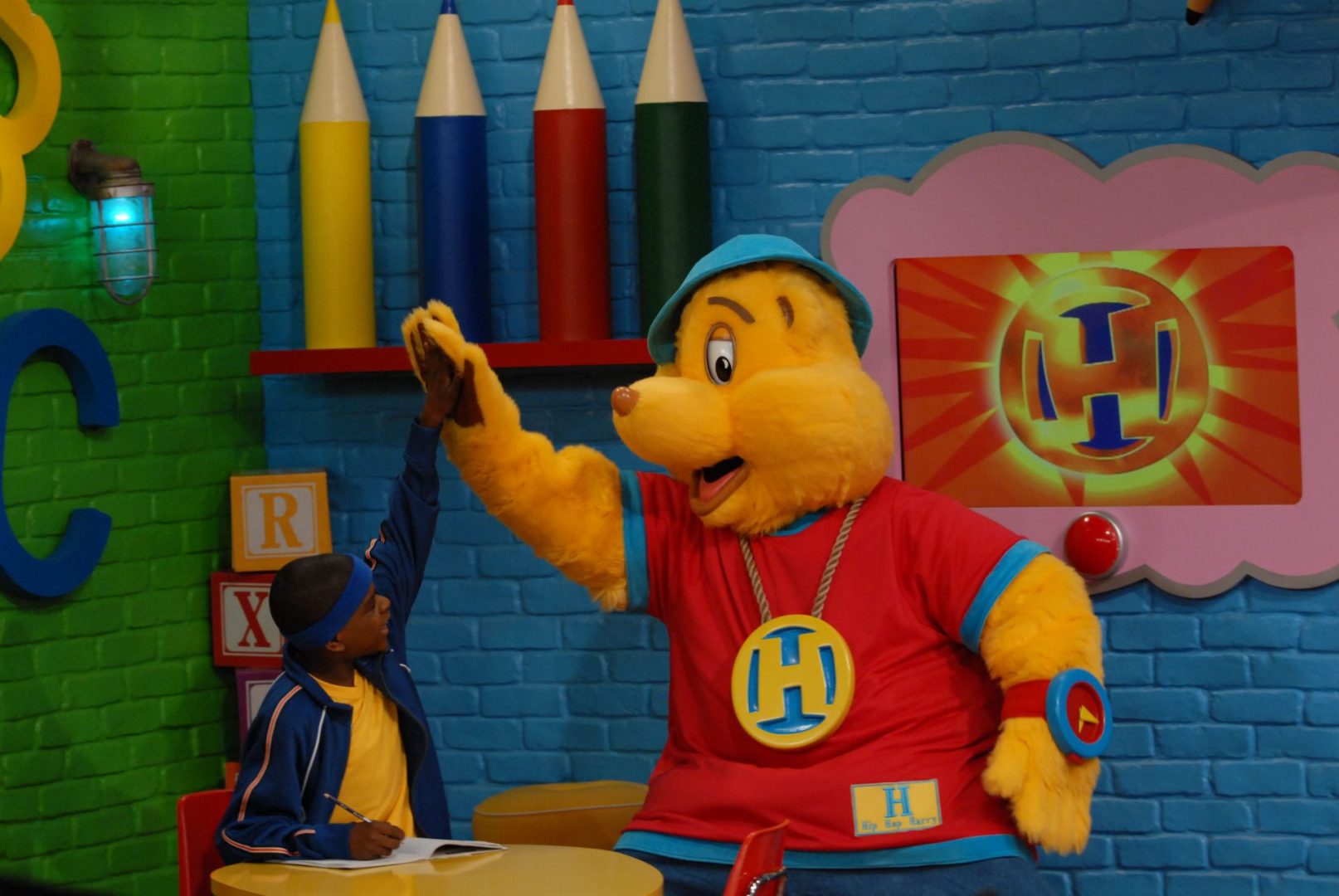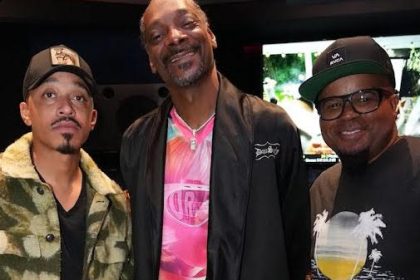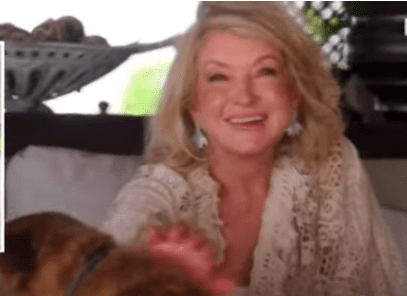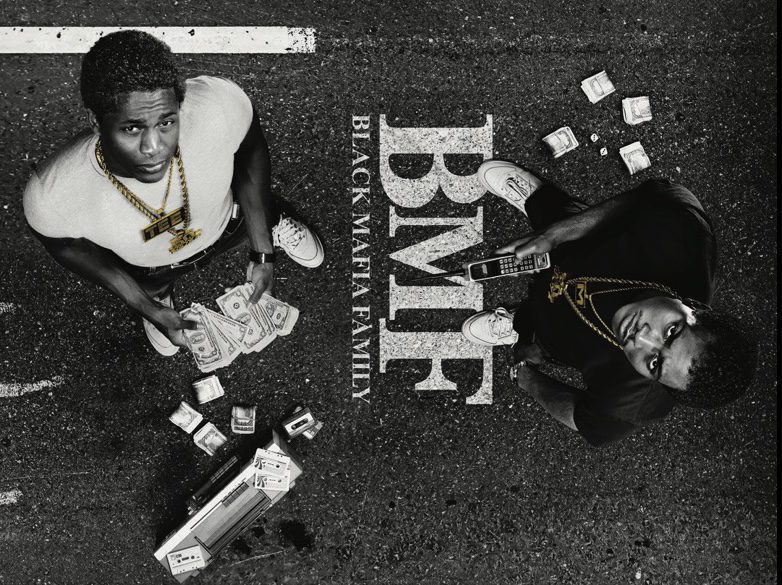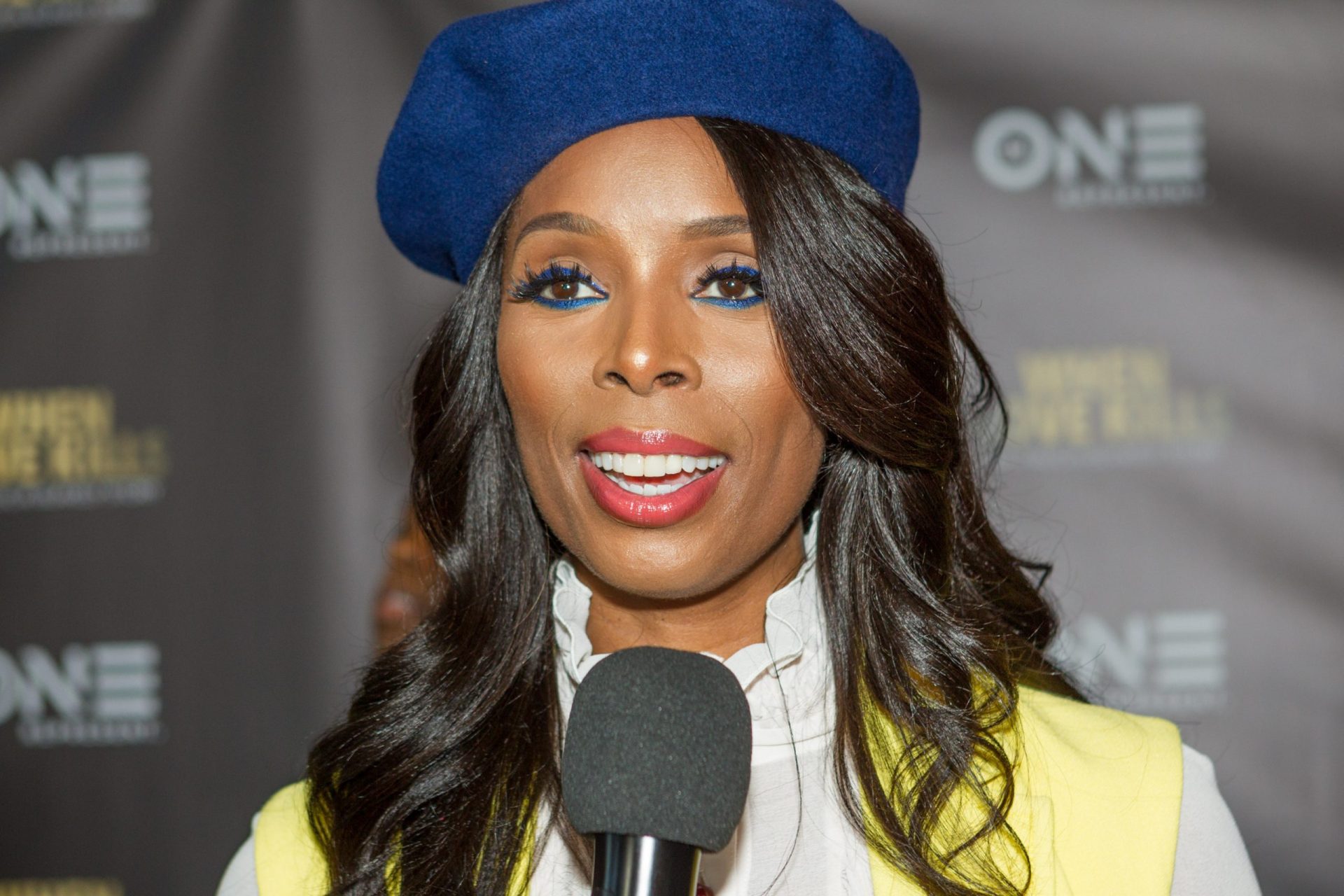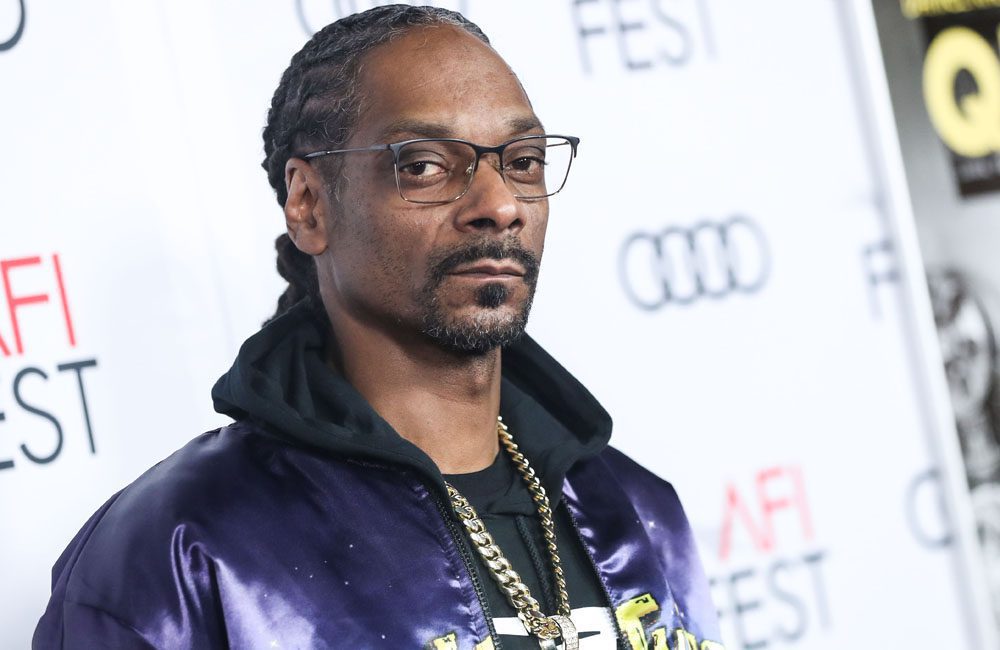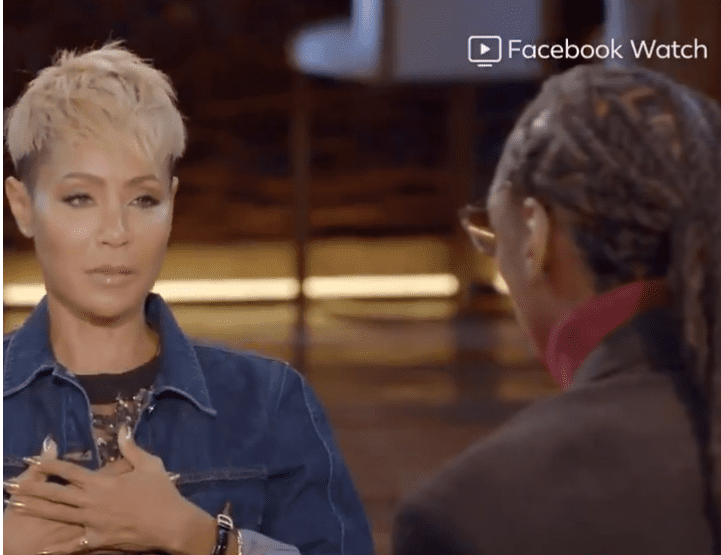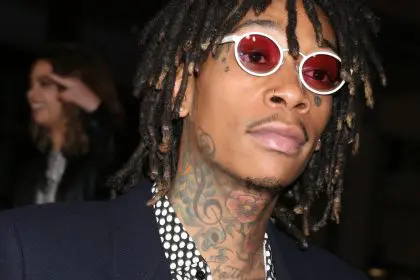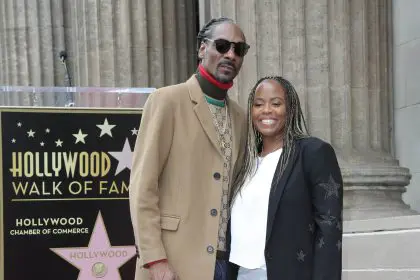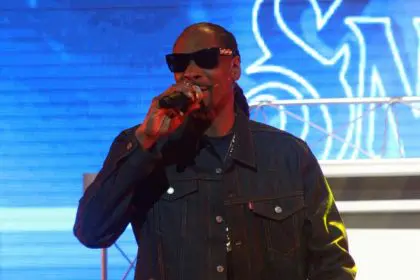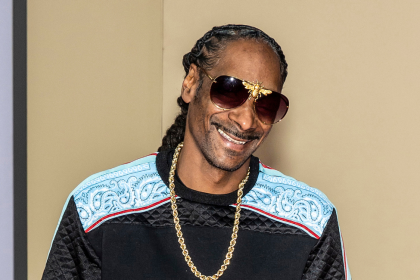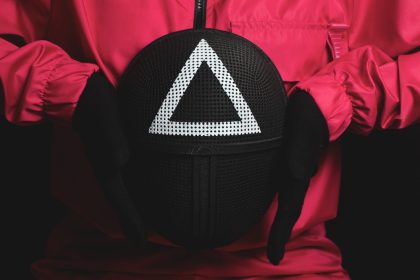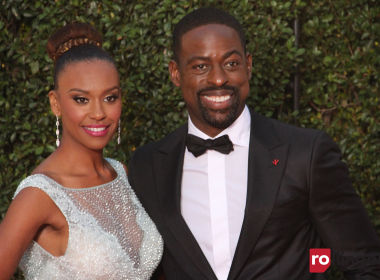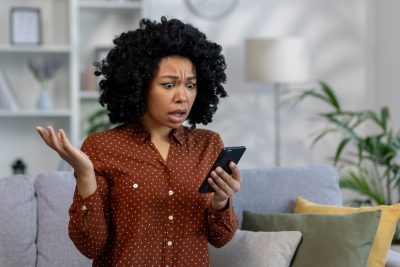Claude Brooks is no stranger to hip-hop programming. He caught his first break on MTV by producing a rap sketch show called “Lyricist Lounge,” where the hottest names in hip-hop were guests. He met a ton of legends during this time, including Snoop Dogg, and some before they even became famous, like a young Tracee Ellis Ross. He wanted to create an educational hip-hop program for kids, and — voilà! — “Hip Hop Harry” was born. Brooks caught up with rolling out to tell us exactly how this classic show came to be.
How did you come up with “Hip Hop Harry”?
So, at the time, I was developing a show with Nelly right when he was at his height. And my nephews at the time — one was, like, seven, the other was, like, four — somehow knew all the lyrics, even the inappropriate stuff. They knew to mute themselves, but they knew all of Nelly’s songs. And they’re, like, “Look, Uncle C!”, rapping his lyrics to me, thinking by sharing the songs with me, they’ll be able to meet him. When I went to visit them in Atlanta, my sister — who’s an educator — was trying to give them some progressive-like lesson [about] planning stuff that they weren’t catching onto at all. So, I started freestyle rapping the concepts to them — and they caught on immediately. That’s when the light bulb went off. Like, oh, I should develop a show that uses rap as a way to teach the kids because they already hear it and understand it — so to speak — and feel it. And that’s how “Hip Hop Harry” was born.
Why do you think “Hip Hop Harry” was so successful?
I realized some of the components of hip-hop are already learning tools. And the repetitiveness of it as well. So, too, the call-and-response nature of hip hop. Now, you’ve correlated the two, and it was in a fun cool way. So that’s already embedded in the nature of hip-hop, which is a learning tool.
What was it like seeing “Hip Hop Harry” go viral during the pandemic?
So, “Hip Hop Harry,” at the top of COVID, got this big resurgence with our song “Go Go Go.” What was crazy about it is that people took that song on to whatever it meant to them, right? So, go, go, go — who’s next? It became who’s going to be next for change with the Black Lives Matter thing. Which is really crazy — go go go, who’s next? It became, for some families … who’s going to be next … to have some fun. And then they’re watching [each other] dancing. And so, a lot of people took it on in just different ways. And within just a couple of months — man, the song had a billion streams.

